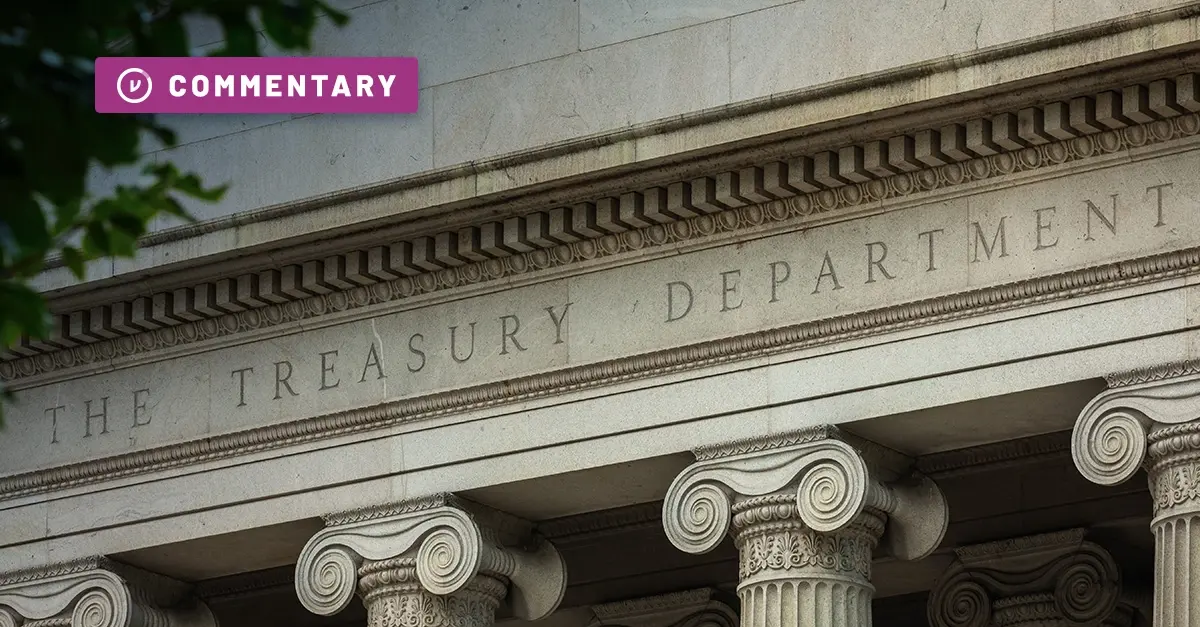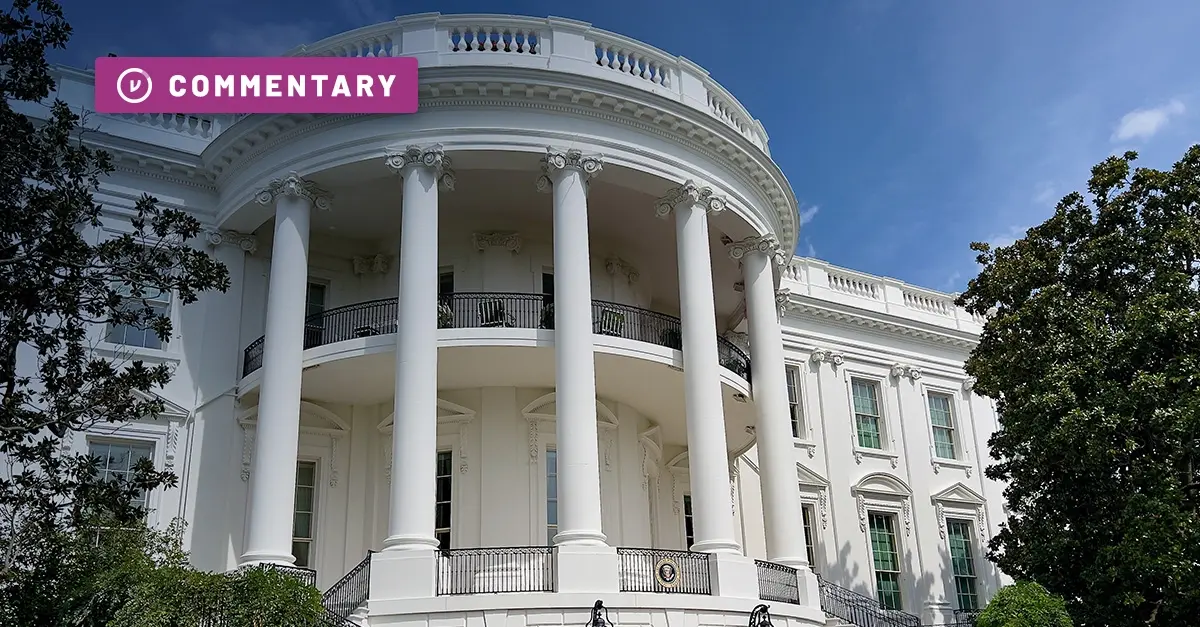TABLE OF CONTENTS
See Virtru In Action


Sign Up for the Virtru Newsletter
See Virtru In Action


In a concerning development for data privacy advocates worldwide, the UK government has reportedly demanded access to encrypted data stored by Apple users in its cloud service, marking another significant moment in the decades-long conflict over the right to privacy and the need for security.
The UK's demand under the Investigatory Powers Act (IPA) presents troubling implications on both data privacy and security that many have spent decades defending. The request specifically targets Apple's Advanced Data Protection (ADP), a system that currently ensures only account holders can access their encrypted data.
History has proven: there is no such thing as a secure backdoor. The moment you create an entry point in encryption – regardless of the intended user – you've created a vulnerability that can be exploited by anyone with enough resources and determination. As noted cyber security expert Professor Alan Woodward stated in response to this development, the implications are "stunning."
The world just witnessed the impacts of backdoor access with Salt Typhoon’s historical hack a few weeks ago. Chinese hackers were able to infiltrate most major U.S. telecommunications providers, in what FCC Chair Brendan Carr referred to as "the worst cyber intrusion in our nation's history."
The mathematics of encryption does not discriminate between "authorized" and "unauthorized" access. Once a backdoor exists, it becomes a target not just for law enforcement, but for:
What makes this situation particularly sobering is its potential global impact. The IPA's worldwide reach means that even if Apple withdraws its encryption services from the UK market, it might not be enough to ensure compliance. This creates a precedent that could effectively force technology companies to choose between compromising their security principles or withdrawing services from entire markets.
If Apple were to capitulate to these demands, the consequences could be far-reaching. Every Apple account holder could be at risk, depending on who gains access to the backdoor system.
Even if Apple chooses not to comply and instead withdraws encryption services from certain regions, we may still face a situation where users in affected areas lose access to crucial privacy protections.
Compromising the fundamental security of encryption systems is a slippery slope.
Instead, we need to:
This isn’t the first time Apple has been in the hot seat with regards to encryption. Time will tell how they choose to proceed in response to this order. CEO Tim Cook has previously spoken out against the “Data Industrial Complex” and the “weaponization of data.”
Either way, the UK government's demand represents a critical juncture in the global conversation about privacy rights. As we move forward, it's essential that we stand firm in protecting the principles of strong encryption and data privacy. The security of our digital future may depend on it.

As Virtru's CEO and Co-Founder, John is a long-time privacy advocate with experience scaling growth companies and shaping technology policy. He previously served leading economic and strategic roles in the White House and U.S. Department of Commerce. John holds degrees from Williams College, Oxford as a Rhodes Scholar, and an MBA from Harvard Business School.
View more posts by John AckerlySee Virtru In Action
Sign Up for the Virtru Newsletter











Contact us to learn more about our partnership opportunities.